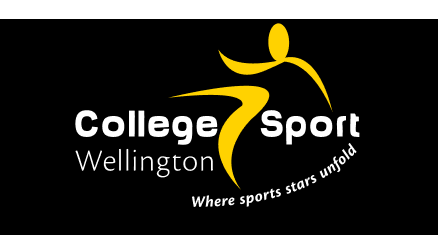Sport NZ releases new participation survey
Sport NZ has released the first report from its new Active NZ participation survey, providing a point-in-time snapshot of participation in sport and active recreation explored through the lenses of age, gender, ethnicity and deprivation.
It is the first time Sport NZ has combined adults and young people in one report, with data collected from 6,000 young people and 27,000 adults
“Sport is a key part of our national identity and way of life, and Active NZ tells us that 95% of young people and 73% of adults are taking part in sport and active recreation in any given week,” say Sport NZ CEO Peter Miskimmin.
“That’s important given the benefits of physical activity in terms of health and wellbeing, and bringing our communities together, but Active NZ also shows we have challenges to address based on the changing nature of participation in sport and active recreation, and of New Zealand society.”
The key findings of Active NZ include:
- Participation peaks between 12 and 14 years before dropping off significantly between ages 15 and 17.
- On average, there is no difference in the percentage of males and females who are active, however males spend more time participating and females are more likely to want to participate more.
- Māori and Pacific adults have lower than average weekly participation, however young Māori spend the most time participating in any given week.
- People living in high deprivation areas have below average levels of participation, and also spend less time participating.
Peter Miskimmin says these and other findings from Active NZ make it a powerful tool for Sport NZ and other bodies working to improve the level and quality of physical activity.
“This is intelligence we can use to better understand how the way our society is changing is shaping the nature of participation in sport and active recreation. Active NZ has been redeveloped since our last report in 2014. It’s now based on ongoing data collection and provides much stronger insights into regions, ethnic communities and the barriers that prevent people from participating.”
“This information will enable sport and recreation bodies, councils and many others to make better informed decisions about what is offered and how they target different groups and communities,” Mr Miskimmin says.
The Active NZ 2017 Report is available at www.sportnz.org.nz/activenz

ADDRESSES
Location
Level 1 223 Thorndon Quay
Thorndon, Wellington
Postal
PO Box 26 042
Wellington 6442





 Admin Login
Admin Login